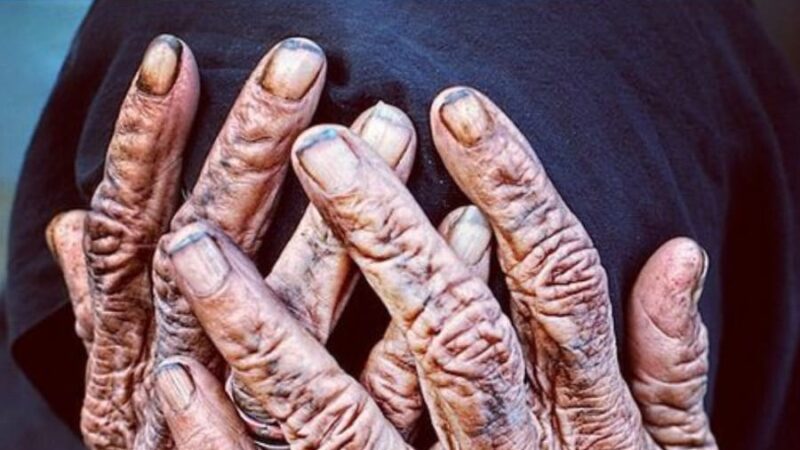The Coronavirus Silver Lining: Positive Things Happening Around The World Amid COVID-19

There is plenty of unhappiness, panic, and anxiety around the globe at this moment. The world has witnessed more than 4,00,000 people infected with the coronavirus pandemic and more than 19000 people have lost their lives.
The coronavirus has wreaked havoc. Unfortunately, India is also a victim of this life-taking disease and has reached Phase 3 of this pandemic, whereby the cases are increasing rapidly at every hour.
Amid all the sadness and grief, this article brings for you some silvers on the silver lining of this pandemic. While the majority of countries are on lockdown, nature has pressed a reset button and is healing itself. While people are locked in their houses, nature is reclaiming its spaces.
Let’s have a look at some of the positive things happening around the world amid the pandemic:
1. Families spending time together: When was the last time you had a leisure time with your family? When was the last time you all cooked together or watched a movie together or playing a game? As technology is upgrading, human connect is degrading and that is the reason why family time is a checklist option on our weekend schedules. In quest of materialistic things, we are somewhere losing our relationships and human connection. Nature has given us some time to introspect, to improve and to undo some of the things that we have been doing wrong all this while. It is teaching us that Work is a part of your life and not your entire life!!!
2. Clear Skies, Cleaner Environment: Just rewind your life and see how things have changed from the past few weeks and months. Fewer vehicles on the road, pollution levels have come down, few people are out, public spaces are empty and water bodies are cleaner while people are experiencing lockdown. Factories have closed down, leading to less emission of harmful gases in the environment. Seems like nature is thriving itself at this time of quarantine. Probably it’s the time to realize, how carelessly and recklessly we are using all the resources that nature has gifted us.
3. Learning to Co-exist: Believe it or not, there exists a sense of pride in every human being of being a human (the most intelligent species of the world) and a sense of ownership of this world. We probably have forgotten that we don’t own this planet, rather we share it will other species. Thanks to closed public spaces and this period of quarantine, these other species are back to their actual places that have been taken over by human beings. Nature is teaching us another very important lesson; the lesson of Co-existence. We must realize that we are merely one among those countless species inhabiting here and we must learn to co-exist without intruding in their lives and damaging their habitats. And the sooner we realize the lesser will be the suffering.
4. Improving Health and Hygiene: How many of us were so particular of washing our hands for at least 20 seconds at such frequent intervals before this crisis happen? And how many of us had hand sanitizers on our shelves before this? I am sure not many of us! Well, all this hygiene appears to be paying off and many countries have reported a reduction in levels of infectious diseases in the past few weeks. While people are realizing the importance of hygiene, especially in a country like India, it will definitely decrease the likelihood of other health epidemics in the future.
This pandemic is a grim reminder to us of what all we have been doing wrong all this while. We can’t be intruding and destroying the habitats of other organisms. We can’t be overusing resources without taking care of future generations. And we just can’t be taking everything for granted that Mother Nature has gifted us.
Let this pandemic leave us with some fundamental, yet important life lessons that we all were ignoring till now. We can’t go back to the beginning but we can start now and change the ending.
Let’s make our earth a better place to live for all the species!!!
————
ABOUT THE AUTHOR: This article is written by Shreya Kohli, our editor.






